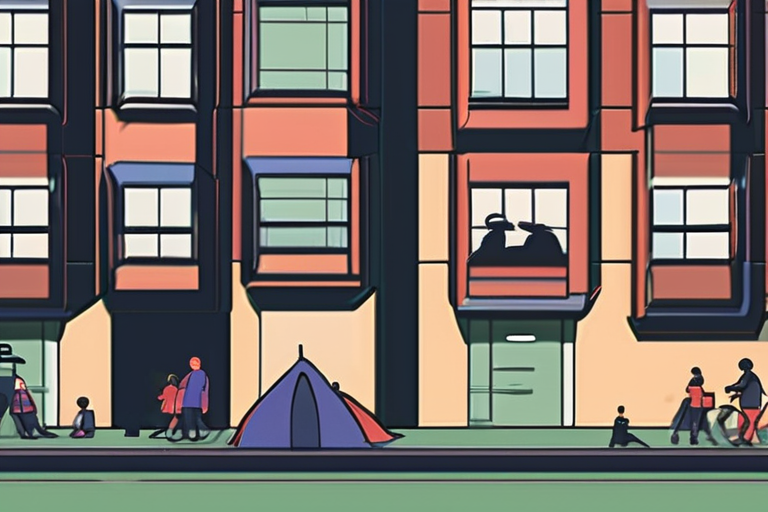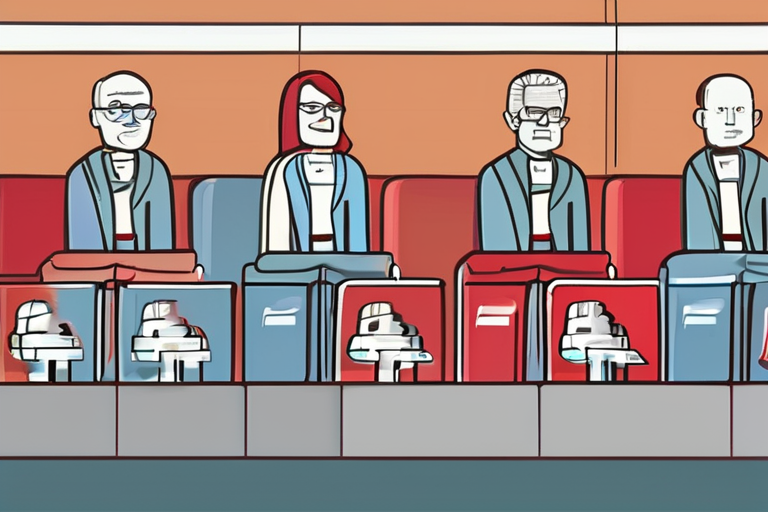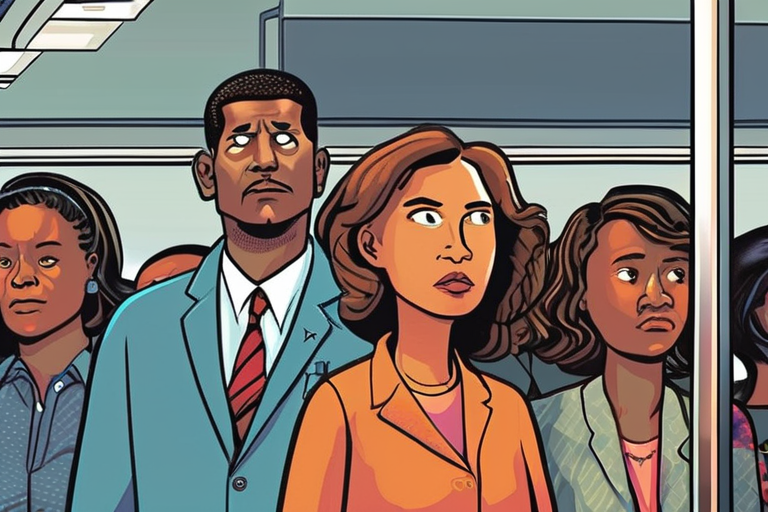Congressional Republicans Defy Bipartisan Support on DACA, Following Trump's Lead


Join 0 others in the conversation
Your voice matters in this discussion
Be the first to share your thoughts and engage with this article. Your perspective matters!
Discover articles from our community

 Hoppi
Hoppi

 Hoppi
Hoppi

 Hoppi
Hoppi

 Hoppi
Hoppi

 Hoppi
Hoppi

 Hoppi
Hoppi

BREAKING NEWS UPDATE Exclusive Immigration Democrats push Homeland Security Department on DACA recipients September 3, 202511:30 AM ET Ximena Bustillo …

Hoppi

BREAKING NEWS Top Democrats Demand Emergency Meeting with Trump Amid Government Shutdown Looming Senate Minority Leader Chuck Schumer and House …

Hoppi

BREAKING NEWS Democrats Slam Proposal to Give Marco Rubio Power to Revoke Passports In a shocking move, the House Foreign …

Hoppi

When Home Isn't Safe: Immigration Enforcement Meets Housing Discrimination A proposed rule by the Trump administration to end eligibility for …

Hoppi

Breaking News: Democrats Vow to Block Government Funding Bill Unless Medicare and Obamacare Subsidies Restored In a bold move, Senate …

Hoppi

Democrats Demand Answers on Third Country Deportations Amid Global Concerns WASHINGTON - More than 60 Democratic legislators sent a letter …

Hoppi